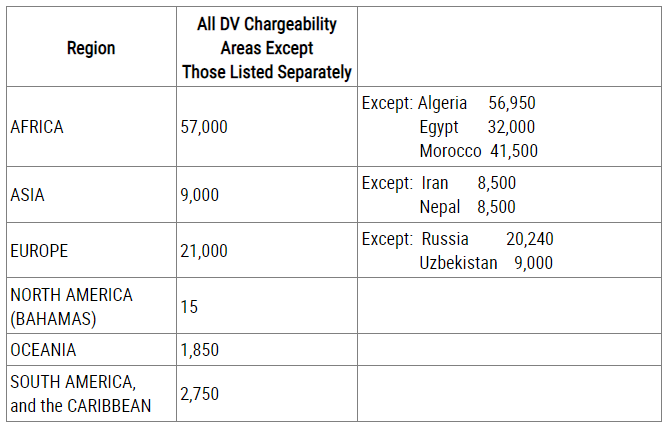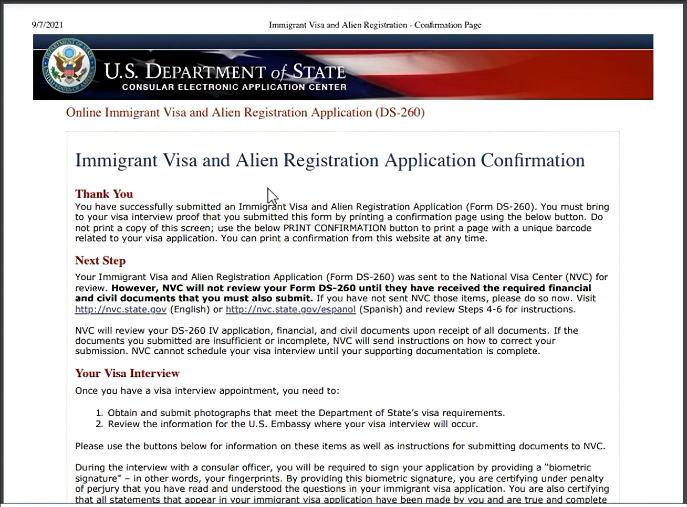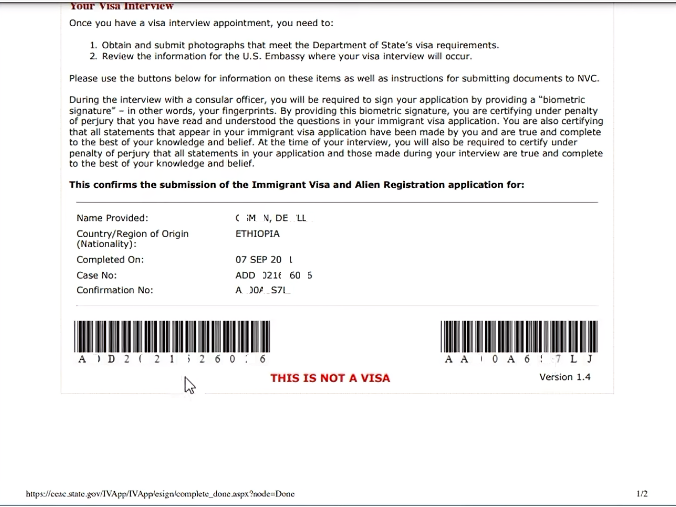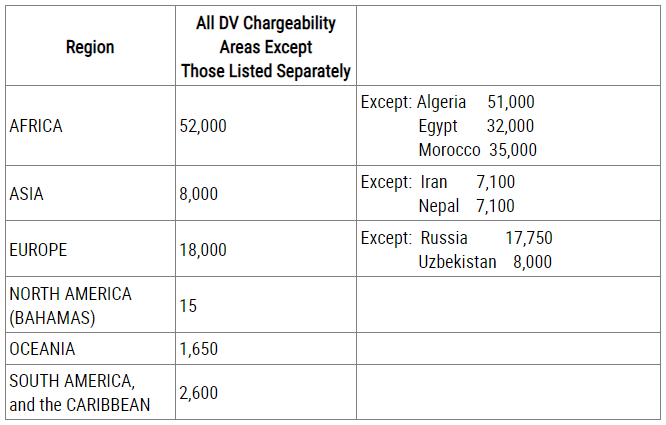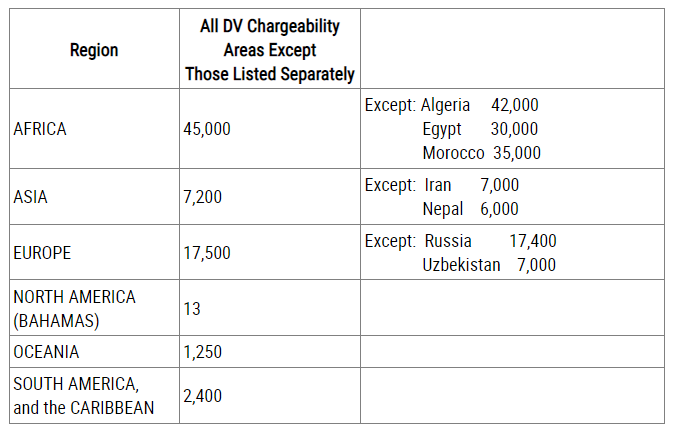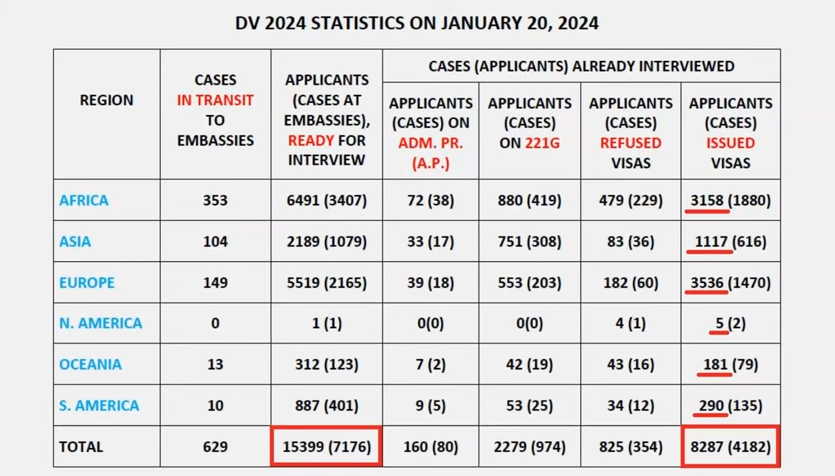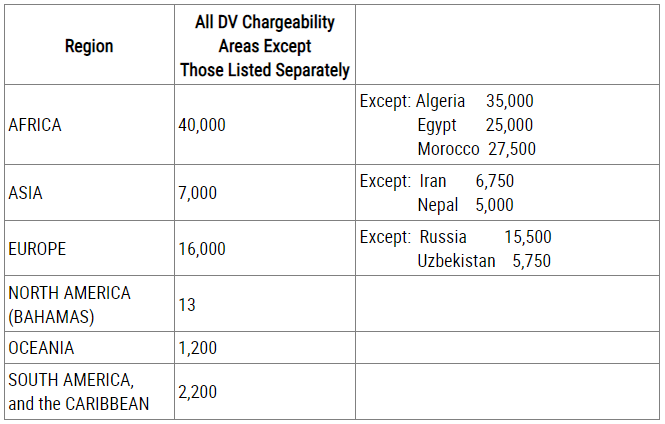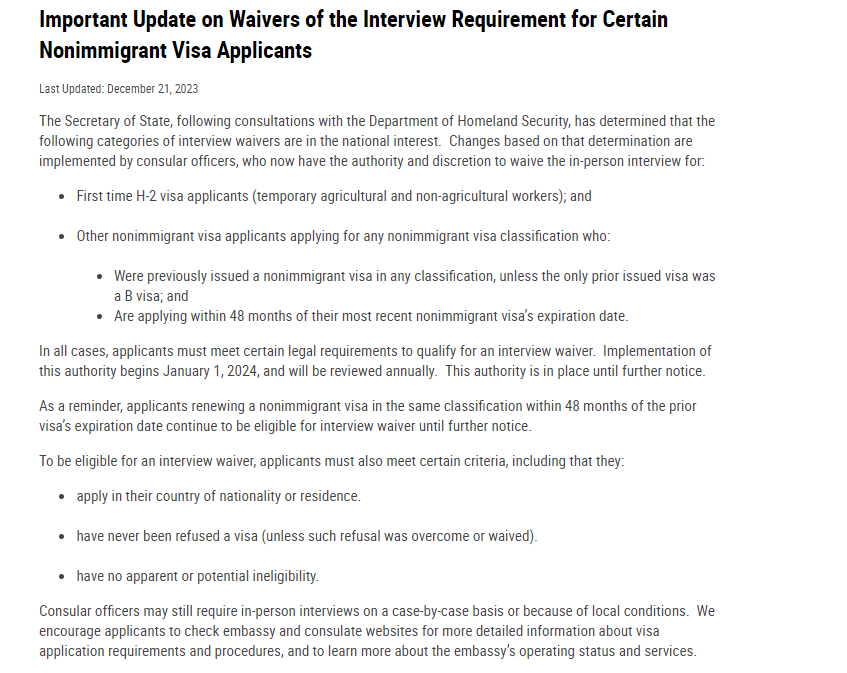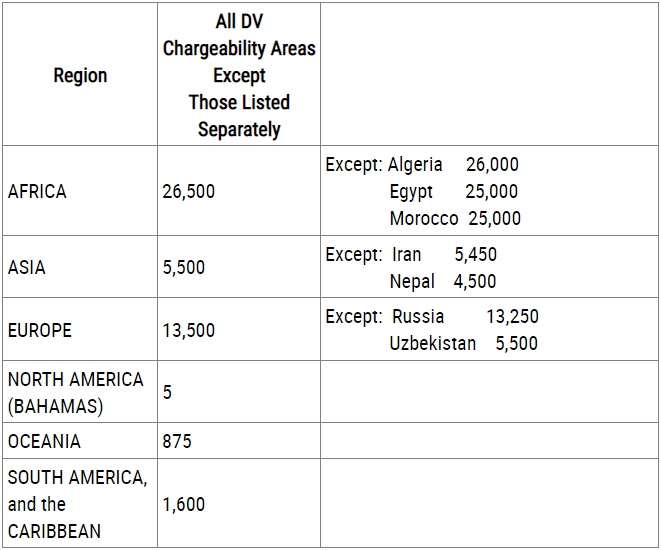The DS-260 form, also known as the Immigrant Visa and Alien Registration Application, is a crucial document that must be completed accurately for your Diversity Visa (DV) interview. This guide is on how to fill out the DS-260 form correctly. The principal applicant and all family members applying for a diversity visa program must complete Form DS-260. You will need to enter your DV case number into the online DS-260 form to access and update the information about yourself and your family that you included in your DV entry.
If your family circumstances have changed after you entered the Diversity Visa program, for example, if you have gotten married or had a child, you will need to add your new family members to your case. (“Family member” refers to a spouse and/or unmarried children who had not reached age 21 before you entered the DV program.) When adding family members to your case, you will need to upload a document to prove your relationship to the family member being added.
How to Fill Out the DS-260 Form Correctly
Here’s a step-by-step guide on how to fill out the DS-260 form correctly:
- Step 1: Access the DS-260 Form
Go to the Consular Electronic Application Center (CEAC) website. Select the option for “DS-260, Online Immigrant Visa and Alien Registration Application“ and enter your Case Number.
- Step 2: Personal Information
Provide your personal information, including your full name, date of birth, place of birth, and nationality. Enter your passport information, including the passport number, issuing country, and expiration date.
- Step 3: Address and Phone Number
Enter your current address and phone number. If your address changes before your interview, update this information in the DS-260 form.
- Step 4: Marital Status and Family Information
Indicate your marital status and provide information about your spouse and children (if applicable). Include their full names, dates of birth, and passport information.
- Step 5: Previous U.S. Travel Information
Provide details about any previous travel to the United States, including the purpose of your visit, dates of travel, and locations visited.
- Step 6: Work/Education/Training Information
Provide details about your work, education, and training history. Include your current employer or school, as well as any previous employers or schools.
- Step 7: Security and Background Information
Answer questions about your background, including criminal history, immigration violations, and other relevant information.
- Step 8: Medical and Health Information
Answer questions about your medical history, including any physical or mental health conditions that may require treatment in the United States.
- Step 9: Miscellaneous Information
Provide any additional information that may be relevant to your visa application, such as previous visa denials or other immigration issues.
- Step 10: Review and Submit
Review all the information you have entered on the DS-260 form carefully to ensure it is accurate and complete.
Click the “Sign and Submit Application” button to submit your DS-260 form. Once submitted, you will receive a confirmation page with a barcode. Print this page and bring it to your DV interview.
Be aware that KCC can only tell you if your form has been processed. KCC cannot tell you whether or not you or your family members are eligible for diversity visas. Only the consular officer who interviews you can make that decision.
Note: On the Sign and Submit page of the DS-260, you will need to re-enter your DV case number without the zeros (e.g. if the case number is 2023AF0000012345, enter ‘2023AF12345’). Entering the full case number with zeros will generate a validation error.
In Conclusion:
Filling out the DS-260 form correctly is essential for your DV interview. By following these steps and providing accurate information, you can increase your chances of a successful visa application process. Once you’ve submitted the DS-260 online, you must print the confirmation page so you can bring it to your visa interview at the U.S. consulate in your country.
DISCLAIMER: This post and content is designed for general information only and is NOT legal advice. This site is not offering any Diversity Visa and is not the official site for DV Lottery program. The information presented in this post should not be construed to be formal legal advice. If you have any questions about the DV lottery, please contact an immigration professional/officer or a licensed attorney.
 Jobsscholar Jobs Search | Education Hub | Scholars Portal
Jobsscholar Jobs Search | Education Hub | Scholars Portal
